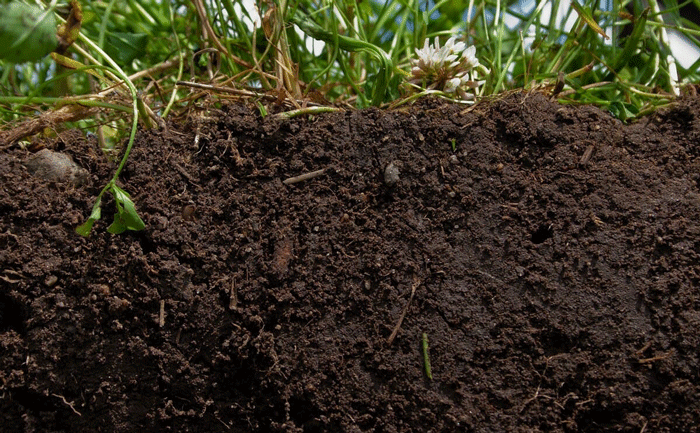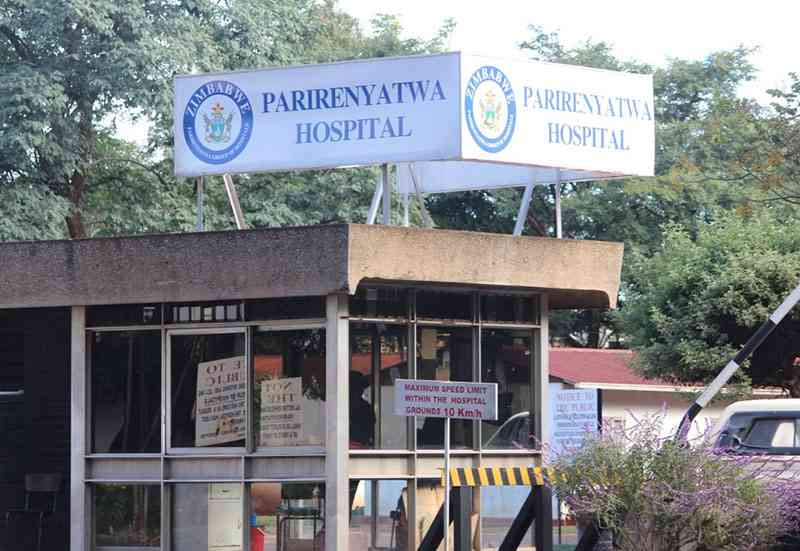
By Peter Makwanya
ONE of the reasons to preserve and conserve nature, help to keep it intact and sufficiently groomed is not only to restore nature, manage effects of erosion and avoid the overall environmental collapse.
The main reasons are to tell a good story for people to live by, including making the environment the cradle of knowledge transfers and, above all, a natural laboratory.
An intact and complete bouquet of the environment has one instrumental impetus, that of facilitating lifelong learning in children and conditions in which they can learn and retain more than 75% of what they actively visualise and practice, against the background of what they are told, lectured and read.
Therefore, the idea of seeing, doing, exploring and believing is central and key, not just for children, but for the crop of young people seeking productive learning and meaningful transfer of knowledge and natural skills for transformative new-knowledge economy.
This type of skills acquisition becomes conducive, practical-based and product-oriented within an experiential and participatory orientation attached to nature as the natural capital and the environment as a natural laboratory.
The environment as a natural laboratory has all the ingredients of transformative learning encompassing all the sensory properties and guided pedagogy.
What children have learnt for many years is retained as part of an experience, which will later culminate into their worldviews, at the same time filling in the gaps of the rudiments of the classroom routines, trajectories and stereotypes.
- Chamisa under fire over US$120K donation
- Mavhunga puts DeMbare into Chibuku quarterfinals
- Pension funds bet on Cabora Bassa oilfields
- Councils defy govt fire tender directive
Keep Reading
Nature has all the ingredients of disciplines such as pharmacy and natural medicines, physics, biological diversity, forestry and everything that science and technology can offer without ignoring the placement of indigenous knowledge systems as part of the community knowledge repositories.
Humanity and its unsustainable behaviours often makes one of the retrogressive errors of undermining and underestimating the environment as a natural laboratory and paragon of learning.
Sustainable development as a new normal is hinged on the framework where nature plays influential and transformative roles through deeper adaptations, resilience and restorations.
As human beings engage in resilience-building exercises, they are directly or indirectly reconciling and reconnecting with nature and the environment as a natural classroom.
The environmental damage and harm currently prevailing from unsustainable human behaviours and practices should be a testimony that the earth is sick and it requires healing, repairments and restoration so that the natural classroom and its laboratories are not short of learning materials and equipment.
The environment and climate changes taking place across the globe are also damaging and disrupting food supplies and environmental growth, hence young people need to participate in lifelong and sustainable restorations to rejuvenate the earth.
All these should motivate communities and nations in advocating for policy and life-style changes that can significantly and sufficiently reduce climate change.
There is this realisation that not only does man live and depend on the environment, but is also part of the environment, hence they have roles to play in the same environment.
In this regard, as human beings make use of the environment as a natural laboratory and capital, there is need for them to establish a reciprocal relationship with nature.
That is to say, a strong relationship between human beings and the environment, which is supportive to human lives, that of other organisms and creatures, will strengthen the environment as a natural teaching and learning base.
Through the knowledge and information abound in the natural laboratory supported by an informed human capital, it is significant and empowering to note that natural elements such as air, water, soils, sources of energy and conducive climate are critical and fundamental in human survival, thereby making life on the earth possible.
All these elements and conditions interact, react and affect each other in efforts to justify that the environment is not only sustainable, but scientifically and technologically enhanced too.
Therefore, all the ingredients of the science laboratory and natural learning capital remain embedded in the environment and they need continuous nurturing and revival.
It is also significant and paramount to note that education is a conscious effort by a person or a group of people to develop all aspects of personality and abilities possessed by the humans in their collective nature with the environment as a natural laboratory playing instrumental and life-transformative roles in many empowering ways.
In this regard, science and technology is not only mastered within the classroom settings, but in the environment as well. The natural environment is there to nurture scientific skills through formal and informal interactions with nature hence these are continuous as embedded in the environment.
Finally, the use of nature as the natural learning facilities should be a place where experiments and investigations can be carried out.
Nature is significant in the sense that it includes all living matter and organisms that drive life on the planet.
Nature in a broad sense and view has the meaning of the physical world which we live in, including the material world which has nurtured greediness and unsustainable human behaviours.
The natural laboratory is the use of the environment in the outdoors for pupils to learn through observations and in direct contact with natural objects.
All in all, learning should take the advantage of the natural environment as a learning resource to mould the learner that we envisage and achieve life learning goals.
The natural environment has always remained a source of knowledge ever since time immemorial nature not only provide air or food for living things but knowledge and vital information for sustainable livelihoods and development.











